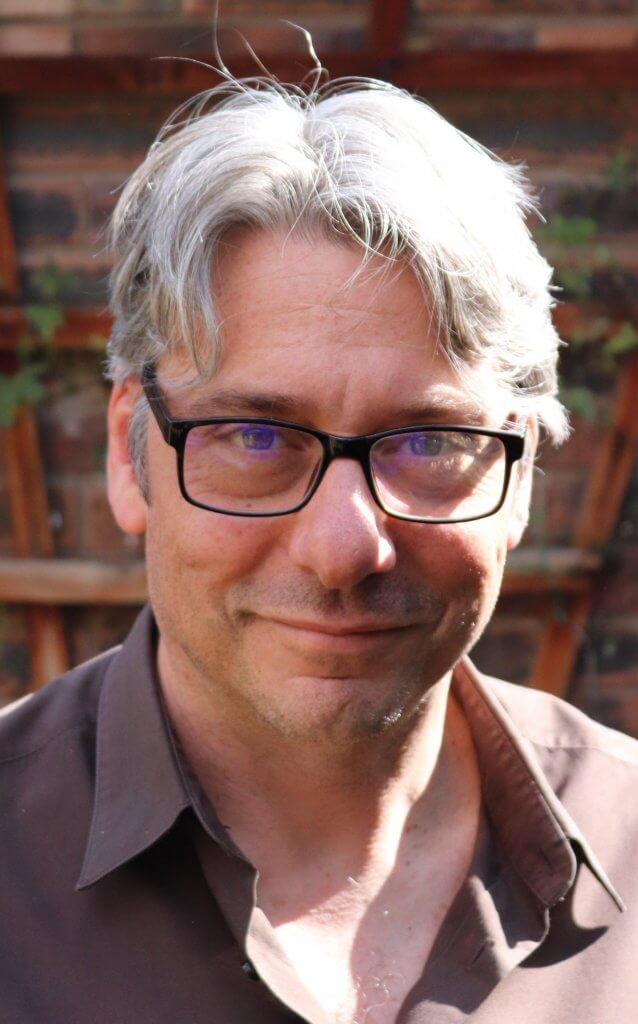19 April 23, 11.00-12.00: Cranfield University (Auditorium – Vincent Building (Bldg 52a)) and on Teams. Slides are here.
This event has been brought to you by the EBNet Working Group on Environmental Sensors and Wastewater Surveillance. Registration is now closed.
Water resources are at the heart of human civilization. Throughout history, societies have progressed by improving access to clean water for drinking, for sanitation and for agriculture as well as by removing contaminants from water to reduce the effects on the environment and to improve public health. Modern society faces new challenges that will require innovative approaches to our relationship with water. Climate change affects the water systems by increasing droughts and floods, which in turn reduce water availability, increase contamination of water resources and eventually affect both drinking and sanitation facilities.
The steady increase in the global population generates more stress on water resources and challenges for public health. Nature Water aims to cover all aspects related to the interaction between water and society. Broadly, the journal includes a wide range of topics that include aspects of natural sciences (primarily earth and environmental science) engineering (including environmental, civil, chemical and materials) and social sciences (economy, human geography and sociology among others), with several topics presenting aspects of more than one area. In my presentation, I will discuss my vision of the journal, placing in the context of other Nature publications and other journals in the water sphere. I shall discuss in more details the topics we’d be covering and what we would look for in submitted manuscript.
Short Bio:

Fabio joined Nature Water as a Chief Editor in January 2022, after 16 years working at Nature research journals. He joined Nature Materials as an associate editor in January 2006 and handled manuscripts in materials physics. In July 2012, he became the Chief Editor of Nature Nanotechnology. During the almost 10 years spent at the journal, he developed an interest for environmental issues and extended the scope of the journal to cover environmental nanotechnology, nanotechnology applications in clean water and sustainable agriculture, as well as regulations of engineered nanomaterials. In 2020 he worked on the project for the launch of Nature Water and he was then appointed to lead the editorial team. Fabio has a degree in physics from the University of Rome La Sapienza, Italy, and a PhD in Physics from the University of Nijmegen, the Netherlands. Between 2002 and 2006 he was a postdoctoral researcher at the University of Nottingham and at the University of Sheffield, in the United Kingdom. Fabio is based in London, United Kingdom.


